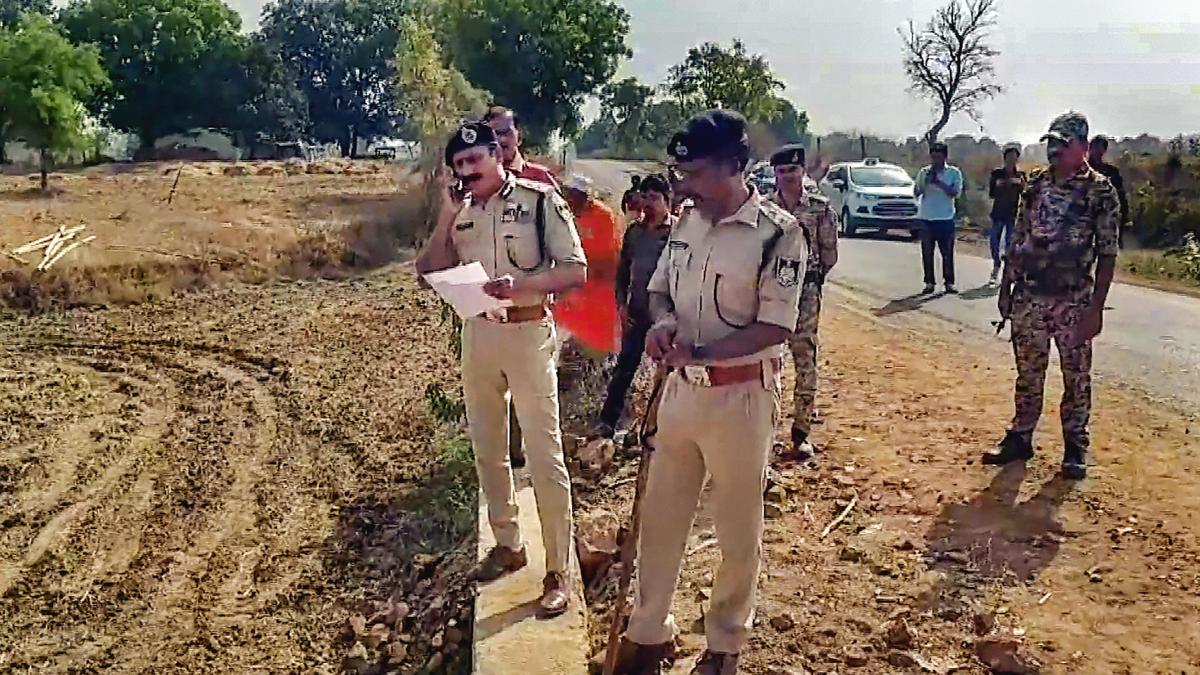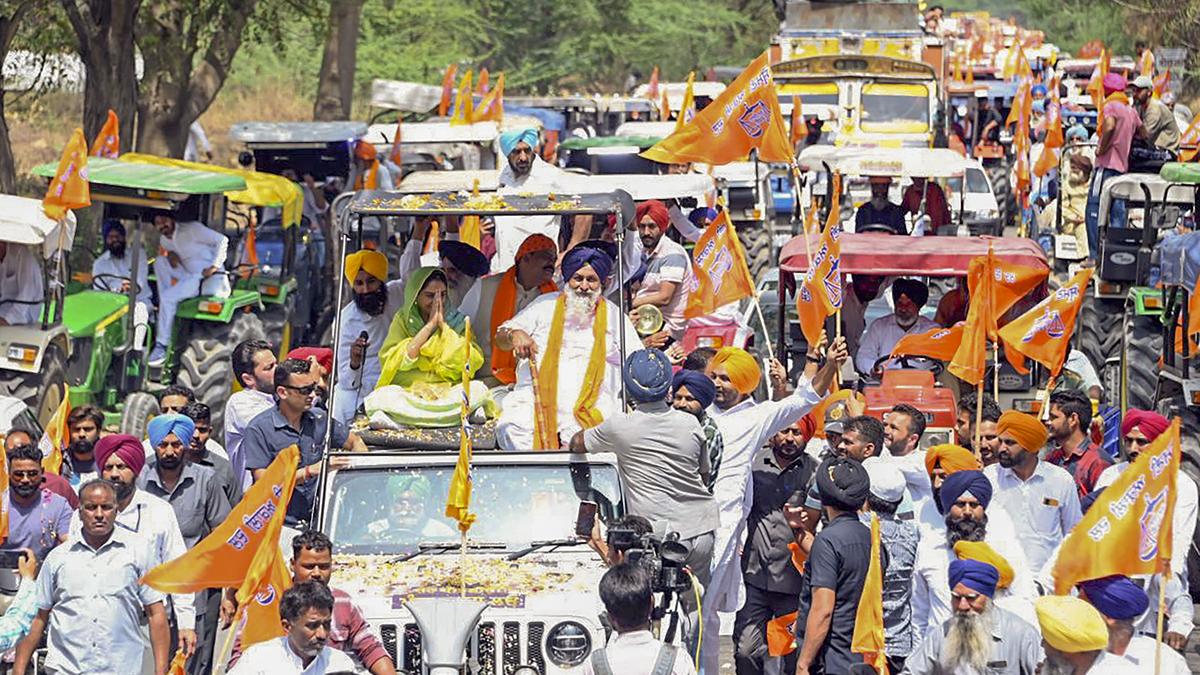The story so far: Sunita Kejriwal, wife of Delhi Chief Minister Arvind Kejriwal, was appointed as a ‘star campaigner’ by the Aam Aadmi Party (AAP) for its campaign in Gujarat.
What are the legal provisions?
Section 77 of the Representation of the People Act, 1951 (RP Act) provides for law relating to expenditure incurred by ‘leaders of a political party’. These ‘leaders of a political party’ are popularly known as ‘star campaigners’. These star campaigners are usually the top leaders of a political party but can include other celebrities as well. The only requirement is that these persons have to be members of the political party that appoints them. The RP Act provides that a recognised political party (national or State) can appoint a maximum of 40 star campaigners while a registered unrecognised political party can appoint up to 20. These names are to be communicated to the Election Commission (EC) and Chief Electoral Officer (CEO) of the States as applicable within seven days from the date of notification of such election. In case of a multi-phase election, a political party can submit separate list of star campaigners for different phases. However, it is noticed that all major parties provide a single list for a State that is applicable for all phases.
Also Read | Star status: On Election Commission’s powers
What are the benefits?
The RP Act provides that expenditure incurred by the ‘leaders of a political party’ on account of travel by air or any other means of transport for campaigning for their political party shall not be deemed to be part of the election expenditure of a candidate of such party. The election expenditure limit for candidates is ₹95 lakh per Lok Sabha constituency in larger States and ₹75 lakh in smaller States. Hence, these star campaigners would be vote-fetchers for candidates set up by respective parties without affecting their expenditure limit.

However, this is applicable only if the star campaigners limit themselves to general campaigning for the party. If in any rally/meeting organised, the star campaigner seeks votes in the name of contesting candidate(s) or shares the dais with them, then the rally/meeting expense shall be apportioned to the election expenditure of such candidate(s). If the star campaigner incurs boarding/lodging expenses while campaigning for any candidate(s), it shall be included in the expenditure account of such candidate(s) irrespective of whether it is paid for by the candidate(s). Further, if any candidate(s) travel with the star campaigner, then 50% of the travel expenditure of the star campaigner shall also be apportioned to such candidate(s).
What are the issues?
The EC has issued an advisory to all political parties to maintain decorum and restraint in campaigning and raise the level of election to ‘issue’ based debate. It also put star campaigners on notice in case of any violations. The star campaigners of all parties have been guilty of using inappropriate and abusive words against leaders of other political parties — appealing to caste/communal feelings of electors and making unsubstantiated allegations. In January 2020, during a campaign for the Delhi Assembly election, the EC had ordered removal of Anurag Thakur and Parvesh Verma of BJP from the list of star campaigners for making inflammatory utterances that violated the Model Code of Conduct. In another instance in November 2020, during the campaign for bye-elections to the Madhya Pradesh Assembly, the Supreme Court stayed the order of the EC revoking the star campaigner status of Kamal Nath of the Congress party for making a derogatory statement against a woman candidate of the BJP. The court observed that the EC does not have any such powers. Another issue is with respect to the assessment of expenditure incurred for the rally/meeting of such star campaigners which is always significantly lower than the actual expenditure. This may be due to the rate card used by the EC that does not reflect current market rates for various items. This results in lower apportionment of expenditure to contesting candidates.
Also Read | Lok Sabha polls: PM Modi, Amit Shah among 40 star campaigners of BJP in Bihar
What needs to be done?
At present, the RP Act stipulates that political parties can appoint or revoke the appointment of star campaigners. As per Article 324 of the Constitution, the EC is the highest authority that has been vested with the powers of superintendence and control of elections. Hence, the law may be amended to authorise the EC to revoke the ‘star campaigner’ status of a leader, in case of any serious violation of Model Code of Conduct, thereby depriving the party candidates of expenditure relief for their campaigns. This would hopefully instil a sense of responsibility among them and ensure that campaigns maintain the necessary decorum and restraint. Also, the assessment and apportionment of rally/meeting expenses where star campaigners’ campaign for particular candidate(s) should be made more robust.
Also Read | Four MPs who were denied ticket are among ‘star campaigners’ of BJP in Karnataka
Rangarajan. R is a former IAS officer and author of ‘Polity Simplified’. He trains civil-service aspirants at ‘Officers IAS Academy’. Views expressed are personal.

 1 week ago
120
1 week ago
120


